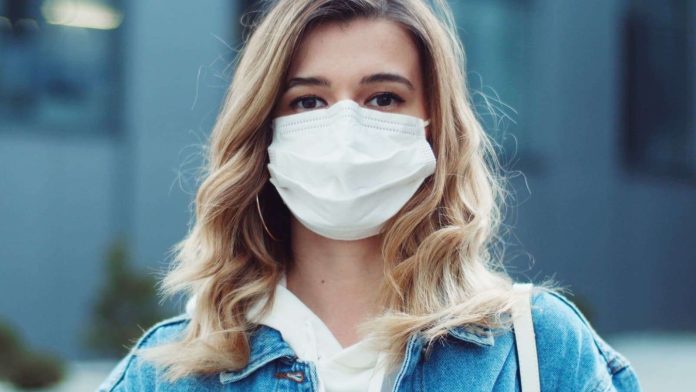Cold and flu prevention is no easy task. The same pesky bugs happen every year and undoubtedly infect even some of the most cautious people. While you can’t guarantee that you will evade illness, you can do everything in your power to prevent it. Much of that prevention comes in the way of communicating best practices to your children if you have them. Children can transmit illness like nobody’s business and it’s no fault of their own. Find out how you can help them learn better cold and flu prevention tips to make sickness less likely.
Healthy Habits
Healthy habits are not bound by location. Teaching your children to choose healthy options is thoughtful planning for their future. Help your children build healthy habits by reminding them of the following practices.
Eat Your Vegetables
They may not eat every vegetable every day, but they can eat at least one vegetable once a day. Ensure they try new vegetables by trying kid-friendly recipes that you eat too. Good nutrition is natural flu medicine to fight sickness before it even occurs.
Eat Fresh Fruits
Fruits provide essential vitamins and nutrients that kids need. You can make sure that your kids get plenty of fruit and throw in some dark leafy greens without them knowing it by making a delicious smoothie.
Drink Plenty of Water
An excess of soda and sugary drinks is never good. Prevent harmful effects and high sugar content by offering your children water instead. Keep them hydrated and happy by letting them choose their water bottles.
Staying Safe At School
You have to hope that your teachings carry over to when you are not around. Your children undoubtedly want to please you and will do their best to exact your advice when you are not there. To ensure that they are as safe as can be at school, talk to your children about preventing the spread of cold and flu.
Wash Your Hands
Be sure that your children know to wash their hands every time that they use the restroom. If they are able, let them know to wash their hands after they eat. They must wash their hands after they sneeze or cough. If they come into contact with a shared surface, recommend that they wash their hands. Essentially, suggest to your child that they lather up at every turn if there is an opportunity to wash their hands.
Use Sanitizer or Sanitizing Wipes
Many schools do not allow students to bring sanitizer to the classroom or to apply it on themselves. In this case, you may want to consult with your child’s teacher and ask if bringing in a pack of sanitizing wipes would help keep the classroom safer. Alternately, if the school does allow sanitizer in the classrooms, pack sanitizer for your child and consider sending some in for the teacher to use at will for other students who do not have their own.
Remember, your child is only protected from cold and flu symptoms if their environment is covered too.









